 ALL NEWS
ALL NEWS
At Fire & Safety Australia (FSA), we are continually enhancing the way we deliver training by incorporating digital assessment tools. This change brings numerous benefits for both learners and organisations, streamlining the training process, improving engagement, and promoting more sustainable practices.
Why Did We Make This Decision?
In an ever-changing work environment, especially in high-risk industries, traditional paper-based assessments can be inefficient, less engaging, and slow down the certification process. We made the decision to switch to digital assessments to offer a faster, more interactive experience for our learners, while also making it easier for organisations to manage training.
This move supports our mission to provide high quality training that keeps pace with industry demands. It also helps us reduce our environmental footprint by cutting down on paper use, aligning with our commitment to more sustainable practices. Here are some of the benefits we are seeing below:
1. Instant, Actionable Feedback
Digital assessments provide learners with immediate feedback upon completion. This allows them to quickly identify areas for improvement and reinforce their understanding. The real-time nature of feedback keeps learners engaged and on track throughout their training journey.
2. Engaging and Interactive Learning
Our digital assessment tools incorporate interactive elements such as simulations and real-world scenarios. This hands-on approach helps learners apply their skills in realistic situations, making the learning process more engaging and reflective of the actual challenges they will face on the job.
3. Quicker Certification Turnaround and More Learner Support
For employers, a key advantage of digital assessments is the faster turnaround time for certifications. Automated grading and instant result tracking allow certificates to be issued quickly, enabling employees to return to work fully certified with minimal downtime. Additionally, by streamlining administrative tasks, trainers can spend more time focusing on learners, offering personalised guidance and support rather than being bogged down with manual grading. This creates a more meaningful and interactive learning experience for students.
4. Supporting Sustainability Through Reduced Paper Waste
FSA’s transition to digital assessments aligns with our sustainability goals by significantly reducing paper usage. This helps not only our environmental efforts but also those of the companies we partner with. By eliminating paper-based assessments, we are reducing carbon footprints and supporting eco-friendly business practices.
5. Diverse and Customised Assessment Formats
Digital platforms offer a wide variety of assessment formats, from interactive simulations to multimedia tasks. This diversity allows learners to demonstrate their skills in ways that closely resemble real-life job challenges, making the assessment process more practical and relevant.
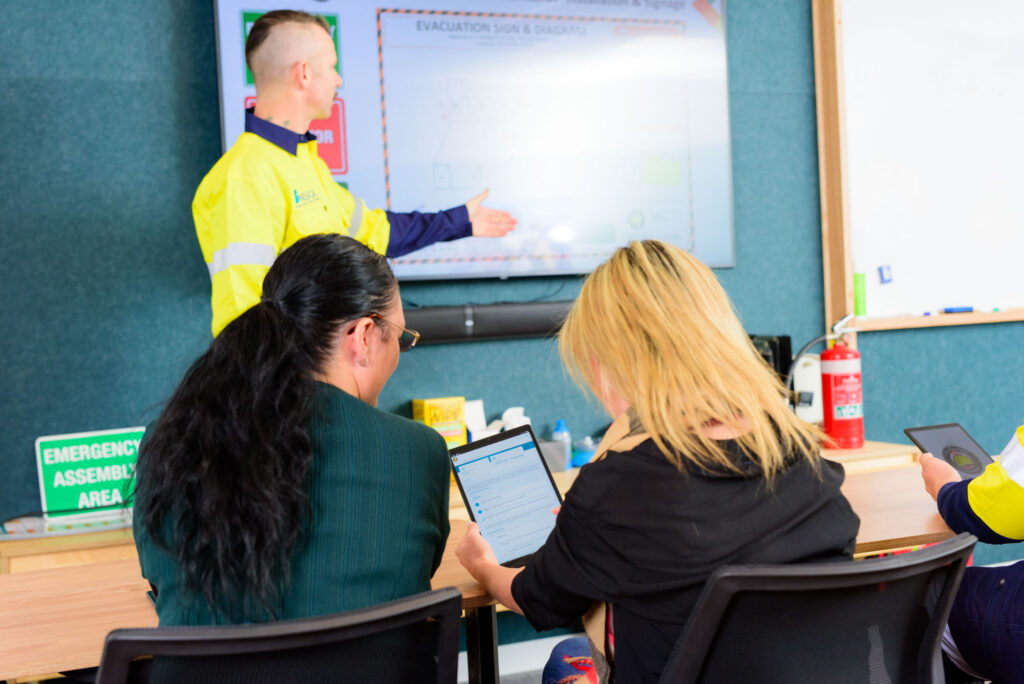
FSA’s digital assessments not only streamline the training process but also enhance learning outcomes, provide faster certification, and support sustainability goals. If you’re looking for a modern, efficient approach to training, get in touch with us today to learn more about how we can support your team’s development.
This article was written by Steve McLeod, CEO & Founder of Fire & Safety Australia, driving industry-leading workplace safety training Australia-wide.


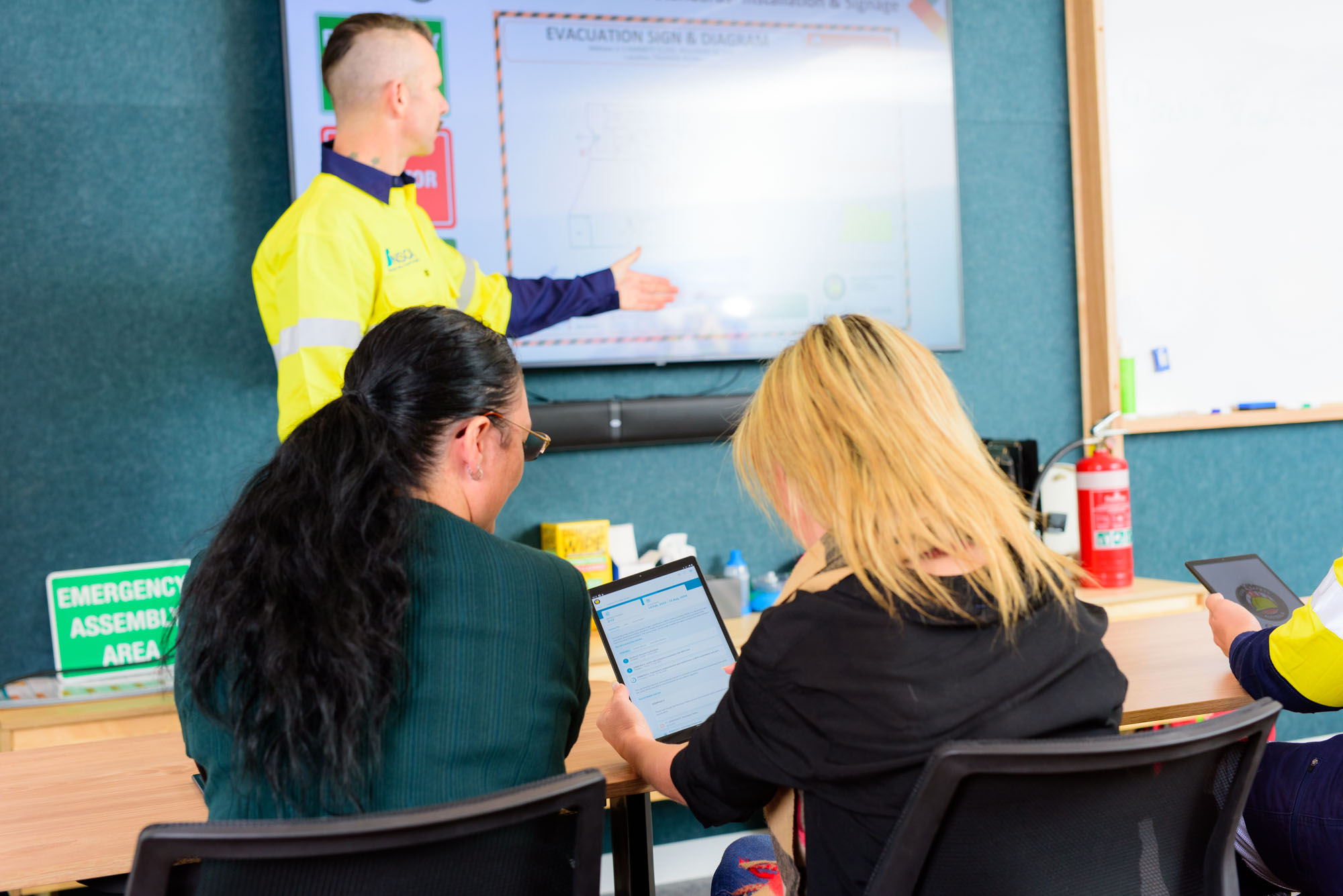




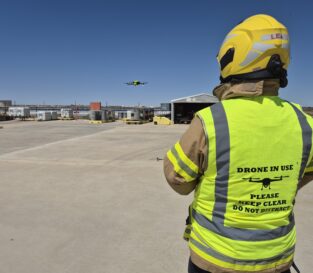
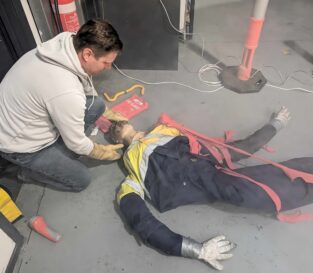

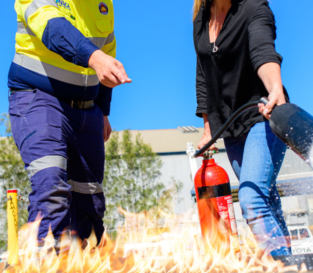
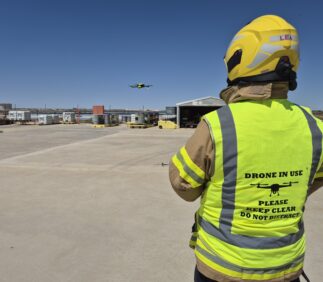
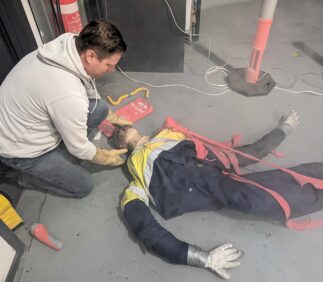

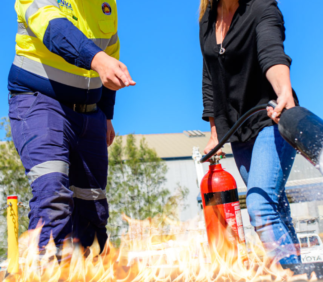
 ALL NEWS
ALL NEWS